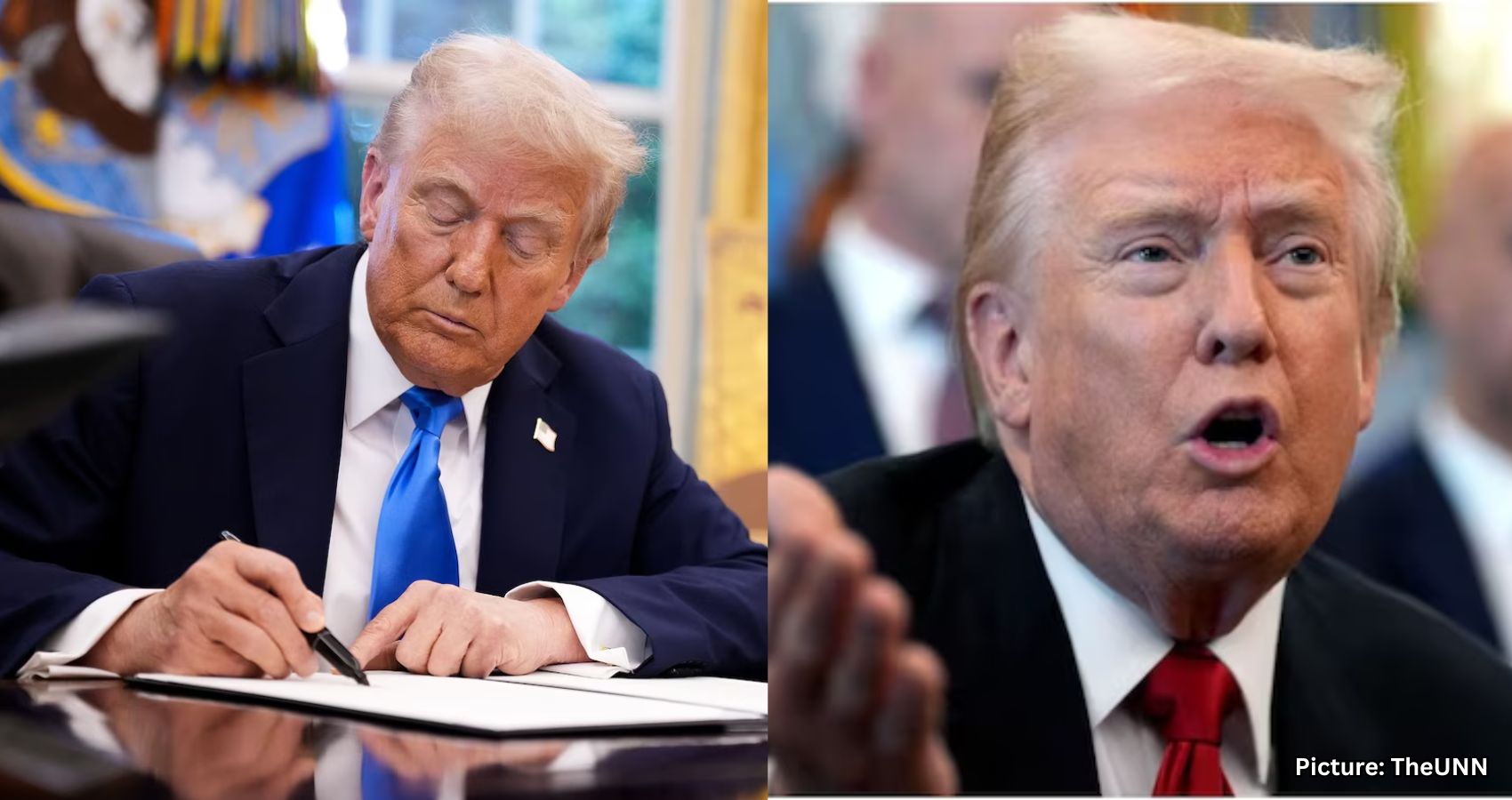Donald Trump’s recent comments on the H-1B visa program have sparked intense debate among conservatives and MAGA supporters, highlighting divisions over immigration and labor policies.
President Donald Trump’s recent remarks regarding the H-1B visa program have reignited discussions across social media platforms. Many users are expressing the belief that the United States possesses sufficient talent to rely on its own workforce, rather than depending on foreign professionals. This debate raises questions about whether easing visa restrictions aligns with Trump’s long-standing “America First” philosophy.
One user on X stated, “America landed on the moon 20 years before the H-1B program even existed. Don’t give me this nonsense about America not having enough ‘talent.’ Abolish the H-1B program and invest in American youth, not foreigners.” This sentiment was echoed by another user who shared data emphasizing the contributions of foreign talent to American achievements, stating, “You mean the Moon landing was designed by a German, guided by Australians & Spaniards, & coded by Indians & immigrant engineers? America’s been powered by foreign talent long before H-1Bs existed.”
The user went on to list notable figures who contributed to the Apollo program, including Joe Mehta, an Indian engineer who worked on SIMCOM code, and Wernher von Braun, a German engineer who played a key role in developing the Saturn V rocket. This exchange quickly garnered thousands of reactions, revealing a significant divide over the United States’ reliance on global talent.
While some users argued for a focus on nurturing domestic skilled professionals, others pointed out that many of the country’s landmark achievements, from space exploration to the tech boom in Silicon Valley, have been built through international collaboration. The debate highlights how Trump’s comments have reignited broader questions about the balance between protecting domestic jobs and maintaining America’s status as a destination for global expertise.
In the midst of this debate, conservative commentator Ben Shapiro defended the H-1B visa program, arguing that it is essential for maintaining America’s technological edge. In a post on X, he pointed to gaps in U.S. education, particularly in STEM fields, and cited figures like Elon Musk, Sundar Pichai, and Satya Nadella as examples of how immigrant talent drives innovation and keeps high-tech jobs within the country.
Shapiro’s remarks, however, drew sharp backlash from the MAGA wing of the conservative movement, which accused him of prioritizing corporate interests over American workers. Supporters of the H-1B program contended that such initiatives are crucial for economic growth and global competitiveness. This division reflects a growing rift within conservative circles as Trump signals potential reforms to skilled immigration.
One user countered Shapiro’s defense, questioning the high-skilled nature of immigration by asking, “If the immigration is so high-skilled, why are their nations of origin (India and China) not desperate to retain it? Wouldn’t they surpass America as the global superpower if they were such a reservoir of entrepreneurship and expertise?”
Another user, Daniel Di Martino, shared data indicating that Indians in the U.S. have one of the lowest crime rates of any demographic group, far below that of non-Hispanic whites. This statistic was part of a broader discussion about the contributions of immigrants to American society.
Reflecting on the backlash against Shapiro, one user remarked, “All the H-1B Visa program does is circumvent the desperate need for educational reform in America.” Some users defended the program, arguing that Shapiro’s points about H-1B visas are valid, but suggested that many people simply do not understand the complexities involved.
The ongoing back-and-forth has laid bare a growing divide within conservative ranks regarding the future of America’s immigration and labor policies. On one side are those who view the H-1B program as detrimental to U.S. workers by suppressing wages and outsourcing opportunities. On the other side are conservatives who argue that restricting skilled immigration could stifle innovation, drive companies overseas, and weaken America’s leadership in technology.
This widening rift reflects a deeper ideological struggle between economic nationalism and global competitiveness, an issue that is likely to intensify as Trump’s stance on H-1B visas continues to evolve.
Source: Original article

